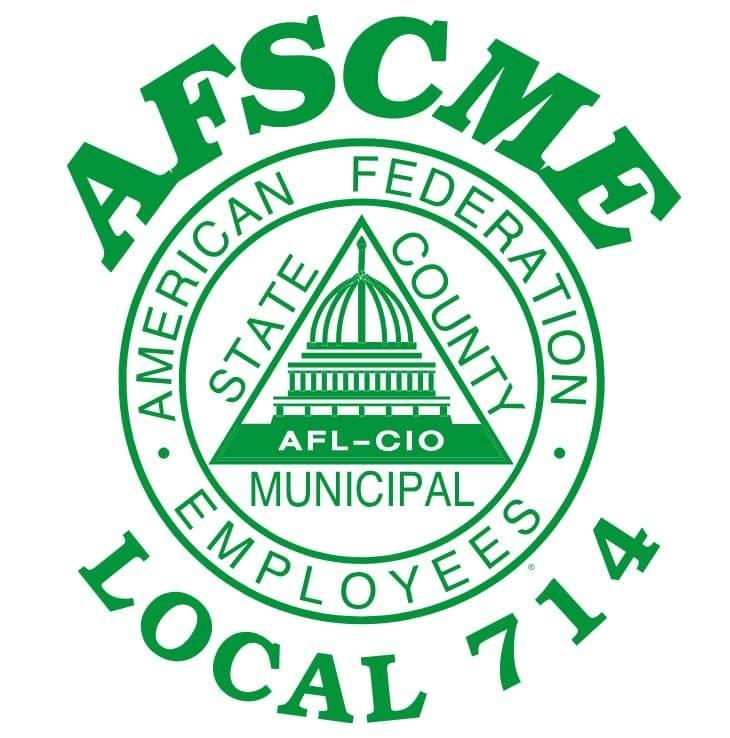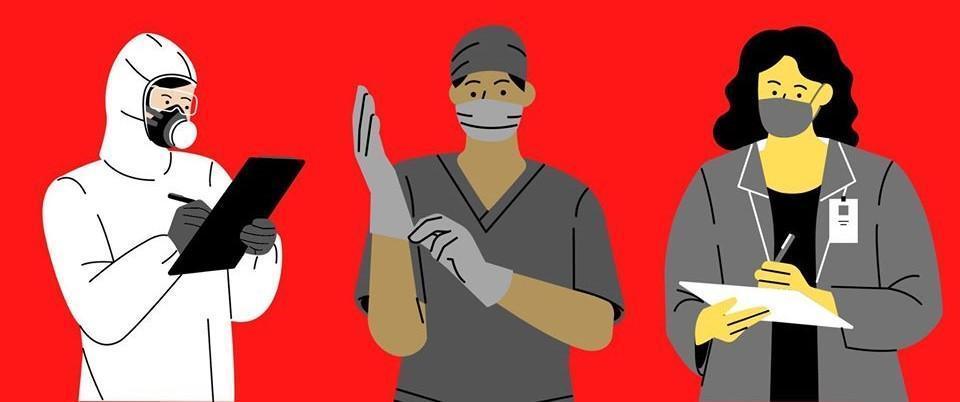Please keep the following information in mind when reading the arbitration.
How do i know if I am a covered employee?
“Covered Employees” are “bargaining unit state employees who performed work in person during the period of March 20, 2020 through March 27, 2021.
How do I know if I am eligible?
A covered employee must have worked in person 180 regular hours or more during the covered period.
For overtime hours, a covered employee must have worked in person 200 or more hours to receive a stipend.
What about retirees?
The parties also agreed that Covered Employees who were active on the payroll as of September 15, 2022 or who retired are eligible.
Are we high risk or low risk?
The parties also agreed that there are two categories of Covered Employees: (1) “Higher Risk” employees are those “who were first responders, worked in a congregate setting, or in a health care facility” during the Covered Period, and (2) “Lower Risk” employees who are all other Covered Employees.
How do they determined how much I am eligible for?
Each covered employee shall receive an amount for reaching each threshold, and a fixed additional amount for each 100 hours by which they exceed the threshold.
What are the amounts and the thresholds?
The Higher-Risk Regular Threshold Amounts shall be $250.00 and shall increase by $136 for each 100 such hours by which they exceed such threshold. The Higher-Risk Overtime Threshold Amounts shall be $270 and shall increase by $136 for each 100 such hours by which they exceed such threshold.
The Lower-Risk Regular Threshold Amounts shall be $125 and shall increase by $68 for each 100 such hours by which they exceed such threshold. The Lower-Risk Overtime Threshold Amounts shall be $135 and shall increase by $68 for each 100 such hours by which they exceed such threshold.
When will I recieve Pandemic Pay?
Retirees: Check issued as soon as can be reasonably accommodated, but in no event later than 12/29/23
Active Employees: check issued no later than, first pay period following 90 days from the date of the interest arbitration award.
CLICK HERE TO READ THE FAQS REGARDING PANDEMIC PAY
Renee Hamel's article:
After months of negotiations, and an arbitration hearing, we have now learned that the neutral arbitrator, Susan Meredith, has awarded the State Employees Bargaining Agent Coalition (SEBAC) our last best offer for both the “Lower-Risk” and “Higher-Risk” employees at issue.
Since the very first day of Governor Lamont’s “Stay Home, Stay Safe” emergency declaration, essential on-site state workers risked their lives and the lives of their families, as well as their physical and mental health to deliver core public services for Connecticut residents and businesses. In the beginning of the COVID-19 crisis, we worked with state officials to try to keep workplaces as safe as humanly possible during a global public health emergency. In recent months, the labor and management have turned to pandemic pay to provide a tangible recognition for the dedication and sacrifices essential on-site workers made during the height of the virus’s impact.
Below are a few excerpts of the award, but click here to view the full arbitration award.
“At the time covered by this arbitration, there was no vaccine for Covid-19 and no effective treatment. There was no clear understanding of the way the disease was transmitted or how to limit transmission as much as possible. There was confusion about what personal protective equipment (PPE) was effective in limiting the spread, and there were great shortages of PPE. Meanwhile, the news was full of reports of the large number of people sick and dying all over the world, increasing the uncertainty and fear of people who had to be interacting in person with other people.
“The work itself was a source of stress and distress. In each of the congregate setting where these employees worked, the people for whom they cared were becoming sick and dying. In the hospitals, employees were overwhelmed and frustrated at their inability to help patients. In prisons, inmates were becoming sick and dying. Employees testified to talking with prisoners about their fears and expressing the fact that they shared those fears for themselves and their families. The isolation of the disease increased the suffering that these employees witnessed every day during the long months when no vaccinations or new treatments offered hope.
“The State, with help and prompting from the federal government, provided help as it could. There were great efforts to obtain and provide PPE. A program provided hotel rooms for employees who needed to isolate from their families. Sick leave was extended, testing and health care coverage were provided, and vaccination was offered when available.
“In spite of these measures, the impact on the employees was great. Many are still feeling the physical and psychological effects of working in this dangerous and stressful time. Accordingly, the State and the Coalition have come together to provide additional pay for these essential employees.”
The arbitrator recognized that “while the additional pay cannot compensate for the months of stress and danger, both parties recognize that there is an obligation and a will to show some appreciation of the considerable sacrifices these employees endured for the people of Connecticut.”
In addition, we are hopeful that this ruling will serve as a reminder to other employers, both in the private and municipal sectors, that they should be honoring their frontline essential workers in a similar manner. We are also hopeful that legislation will be passed to make the necessary statutory improvements to the Connecticut Essential Worker COVID-19 Relief Fund and Premium Pay Program. Proposals include changes to the eligibility requirements which currently prevent municipal and board of education (BOE) employees from applying along with 1-b and 1c-designated essential workers.
In the coming weeks, we look forward to this award being brought to the General Assembly for final approval.

